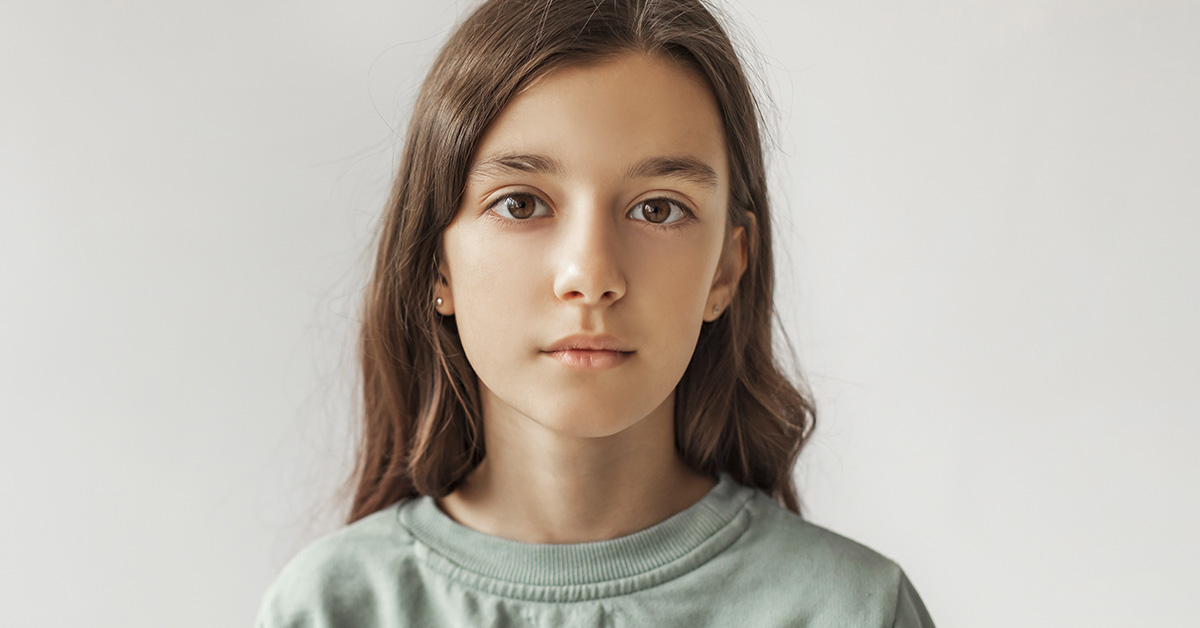Healthy childhood development involves learning responsibility. Kids slowly learn how to take care of themselves and others on their way to becoming independent adults. A common way parents teach responsibility is through chores. As they grow, kids are expected to clean up after themselves and help around the house. The tasks become more difficult as they grow more capable. But parentification takes this process to an unhealthy extreme that negatively affects children for the rest of their lives.
What is parentification?
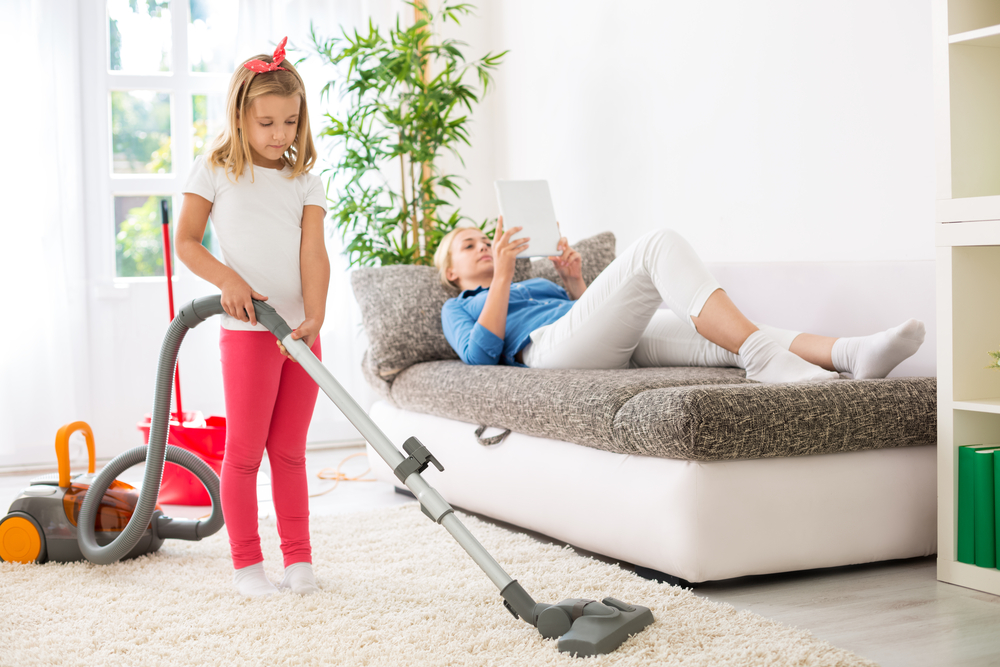
Instead of preparing kids for adulthood, “parentification” is when a child is prematurely forced into the role of an adult. This can include emotional and functional responsibilities that are typically assigned to grown-ups. In small parts, this can be beneficial, but it’s dysfunctional when children are burdened with tasks beyond their years and must sacrifice their own needs, comfort, and emotions to care for their family members. In other words, it’s a role reversal. The parents act dependent on them, so children must take on their responsibilities. Other names for it are “adultification” and “spousification”.
What does parentification look like?
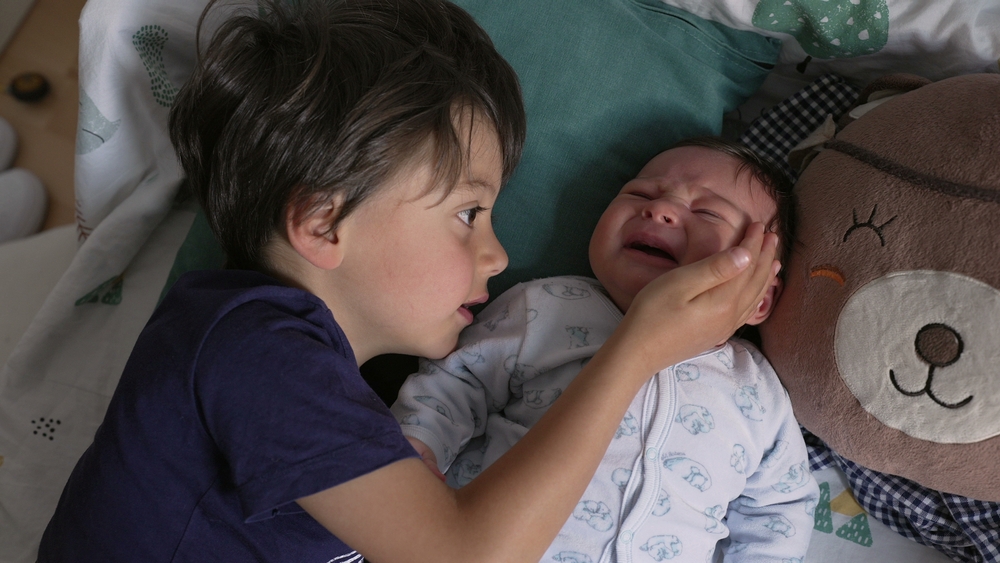
Common roles for parentified children include caregiver for younger siblings, breadwinner, self-carer, self-educator, language and cultural broker, peacemaker, confidant, and emotional supporter for their parents and/or siblings, according to a review in the International Journal of Environmental Research and Public Health. These cases tend to revolve around household dysfunction, such as abuse, neglect, divorce, parental loss, an ill or depressed parent, financial hardships, migration, and so on.
Types of parentificaton
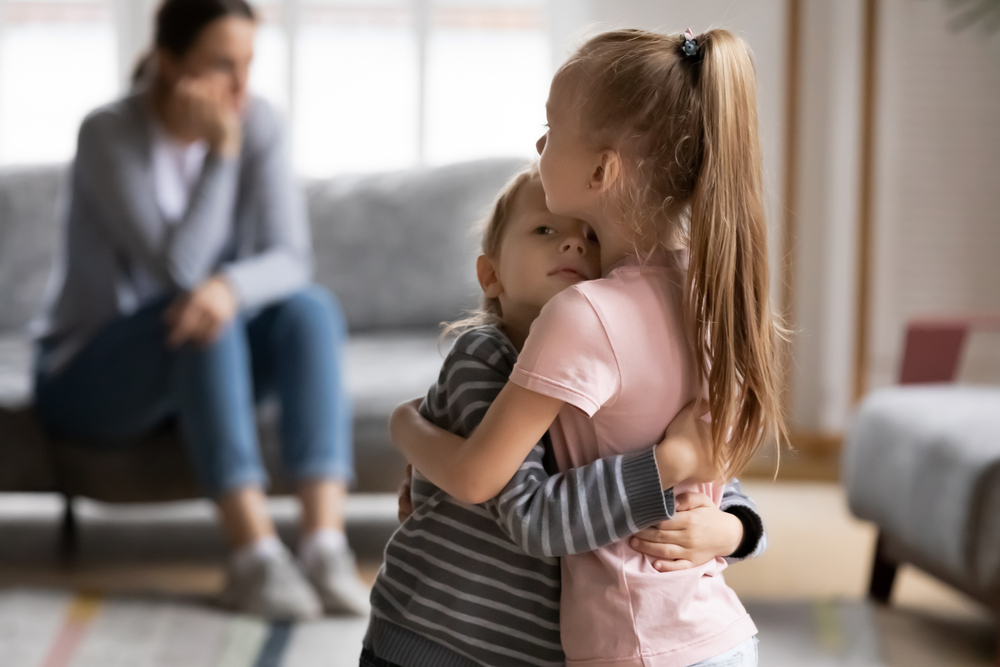
Children may adopt pseudo-adult roles to fulfill various responsibilities. For example, they may need to “parent” their own parents, by managing the family’s finances, providing comfort, or mediating conflict. Alternatively, they may become the primary caretaker to their younger siblings. They may also be forced into a spousal role for a parent (“spousification”) where they are accountable for the parent’s emotional needs. In these dynamics, also called emotional incest, the needs of the child tend to be ignored as they try to solve their parent’s problems, according to WebMD.
Signs of a parentified child

People may praise parentified children and teenagers for being helpful, mature, and capable, but that’s only one side of them. They may also demonstrate aggression, or disruptive or antisocial behavior, according to Medical News Today. They may struggle at school and with their relationships. All the while, they may battle depression, anxiety, and feelings of isolation and guilt. They may turn to substances or risky behaviors to cope, or suffer physical symptoms caused by stress.
Negative outcomes and poor mental health
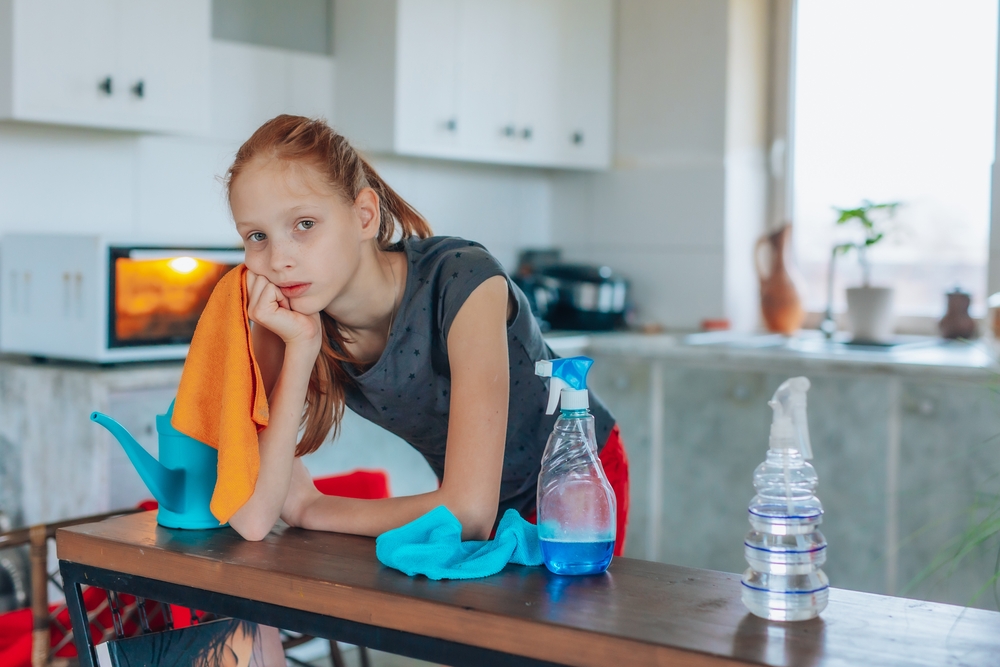
Research has shown that parentified children suffer long-term effects in adulthood. They tend to have higher rates of mental illnesses, eating disorders, substance misuse, addiction, dissociation, poor emotional regulation, perfectionism, people-pleasing, poor self-image, or limited education. Depression is a well-documented potential outcome, especially in cases of emotional parentification, where children internalize problems and distress beyond their natural capabilities.
Read More: 5 Things I Learned Growing Up As A Girl (That I Shouldn’t Have Had To)
Positive outcomes

Parentification can also come with some positive outcomes in adulthood, depending on the situation. “Children who have experienced parentification are often extremely responsible, organized, empathic, and connected to others. They have extremely high levels of emotional intelligence,” says Sabrina Romanoff, PSYD, to Very Well Mind. Unfortunately, they may support the feelings of others, but struggle to validate their own feelings.
Parentification “done right”
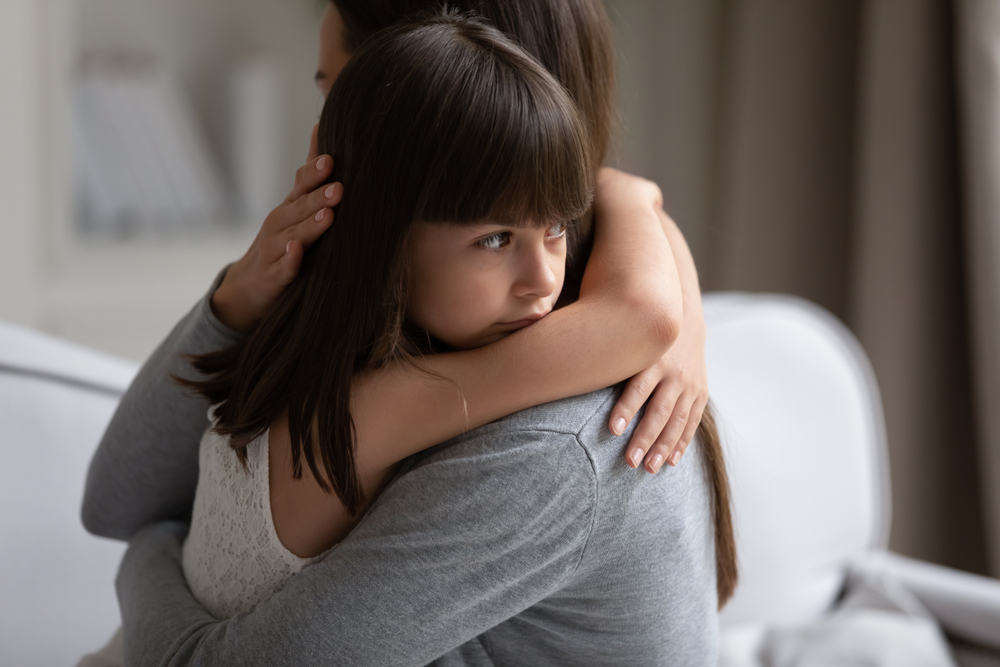
In difficult times, parents may have no choice but to depend on their children more than they would like. However, these experiences may actually have a positive long-term effect, if done well. “When youth assume parental roles of moderate intensity in a time-limited manner and their contributions are appreciated, the parentification experience may instead be adaptive,” explains the study authors in the review. Showing appreciation for the kids’ contributions can boost their confidence and improve their resilience. Additionally, support from family members and friends can alleviate the negative impact of parentification.
How to overcome parentification
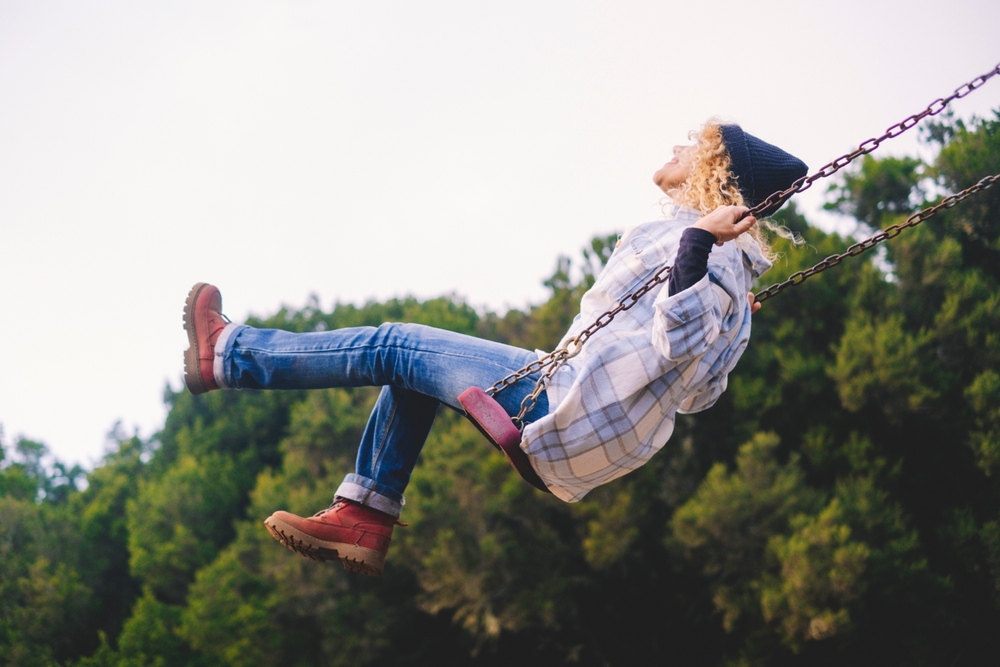
Adults who grew up in toxic environments may benefit from cognitive behavioral therapy (talk therapy) to help heal from anxiety, depression, perfectionism, people-pleasing, and so on. But whether or not they suffer long-term effects, parentified children as adults often feel like they missed out on their childhood. Healthline recommends getting in touch with your inner child and validating what they experienced or weren’t able to experience. You can try exercises such as writing a letter to your younger self, looking at photos of yourself as a kid, or talking to your inner child as you would a friend.
Read More: What Growing Up as an Only Child Reveals About Your Personality
